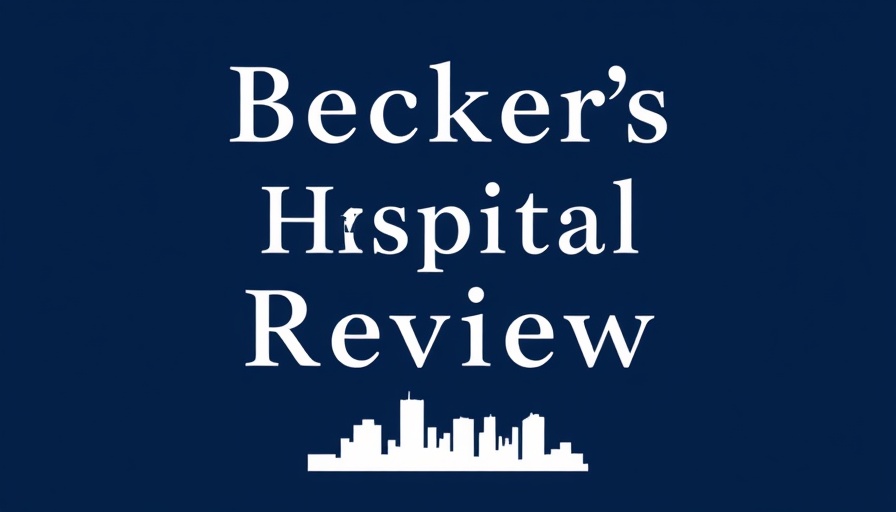
Five Hospitals Seeking New Leaders: An Overview
The healthcare industry is constantly evolving, and the role of a hospital CEO has never been more crucial. As of today, several hospitals across the United States are actively searching for dynamic individuals to lead their facilities into a new era of care and financial sustainability. Here are five hospitals hiring for CEO positions:
- Canyon Vista Medical Center (Sierra Vista, Arizona)
- Northwest Health-Porter (Valparaiso, Indiana)
- Ottumwa Regional Health Center (Ottumwa, Iowa)
- Sutter Medical Center Sacramento (Sacramento, California)
- Wythe County Community Hospital (Wytheville, Virginia)
In this challenging landscape, these hospitals are seeking innovative leaders who can not only navigate the complexities of healthcare but also inspire their teams to thrive in an increasingly competitive environment.
Why Leadership Matters in Healthcare
The need for effective leadership in healthcare cannot be overstated. A hospital CEO plays a pivotal role in setting the vision and strategy for their organization. They must be adept at balancing patient care with financial performance. With dwindling reimbursements and increased operational costs, leaders must innovate to ensure their facilities are both efficient and patient-centered.
Furthermore, effective leadership translates into better employee morale, improved patient satisfaction, and ultimately, better clinical outcomes. A study published in the "Journal of Healthcare Management" showed that hospitals led by engaged executives experienced significantly higher employee retention rates and financial performance, providing a compelling argument for prioritizing strong leadership in recruitment efforts.
The Challenge of Recruitment
As these hospitals search for the right candidates, various factors complicate the recruitment landscape. The ongoing healthcare workforce crisis is one of the most significant obstacles. Many potential candidates may be deterred by the pressure associated with leading a healthcare facility, especially in smaller hospitals that may struggle with limited resources.
Additionally, applicants must be culturally attuned and prepared to interact with diverse communities. This holistic understanding improves patient engagement, ultimately enhancing care delivery. As remote therapeutic monitoring and telehealth services become more prominent, leading hospitals must transition seamlessly into these modern practices.
Leadership and Healthcare Trends
In response to the changing landscape, hospitals are beginning to emphasize the importance of adopting innovative technologies and medical practices. For instance, practices utilizing healthcare automation tools and remote monitoring programs are seeing increased efficiency and better patient outcomes.
Digital front desks and voice AI agents are examples of automation that can save time and enhance patient interactions. By allowing staff to focus on direct patient care rather than administrative tasks, healthcare facilities can improve both employee satisfaction and patient experiences.
Future Opportunities for Hospital CEOs
Looking ahead, the future of hospital leadership will hinge on adaptability and willingness to embrace change. As patient engagement tools and AI technologies evolve, successful CEOs will prioritize ongoing education and training programs for themselves and their staff. This proactive approach will shape a resilient healthcare workforce prepared to meet future challenges.
Conclusion: The Path Forward
Healthcare leaders who successfully navigate these challenges will unlock new avenues for hospital growth and improved patient care. As these five hospitals embark on their search for new CEOs, the stakes have never been higher. Interested candidates and decision-makers should remain vigilant for opportunities to make impactful changes in the healthcare sector.
In a rapidly shifting landscape, it is critical for healthcare providers to stay informed about trends that can optimize practice revenue, streamline operations, and ultimately enhance patient care. Engage with peers, attend workshops, and stay curious - these are the tools of tomorrow's healthcare leaders.
 Add Row
Add Row  Add
Add 




 Add Row
Add Row  Add
Add 

Write A Comment